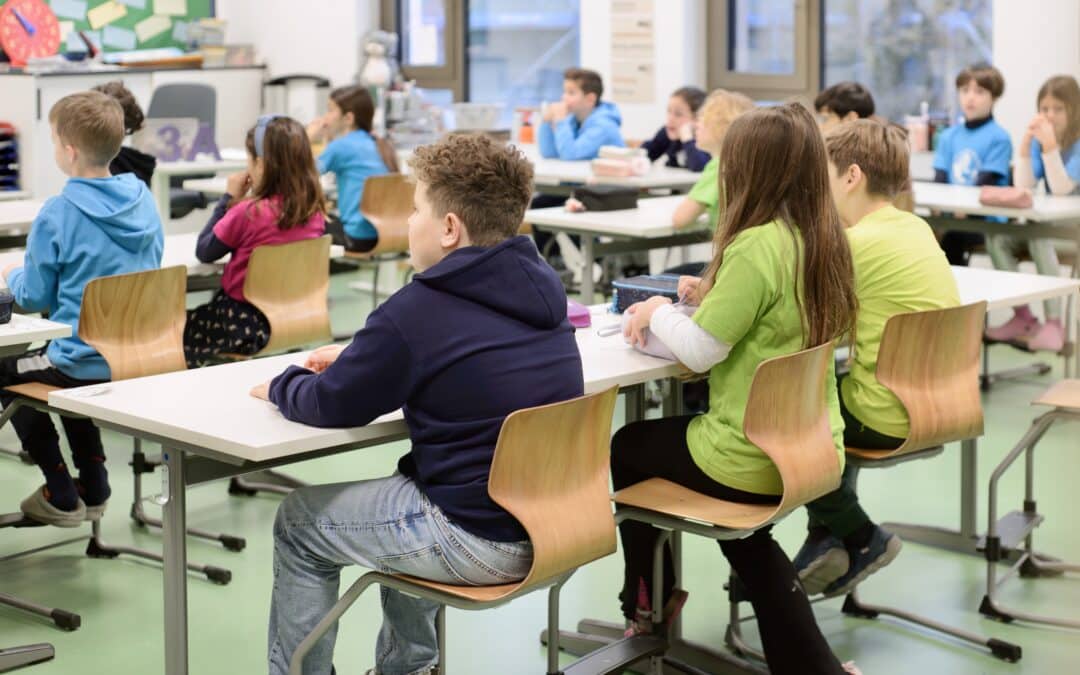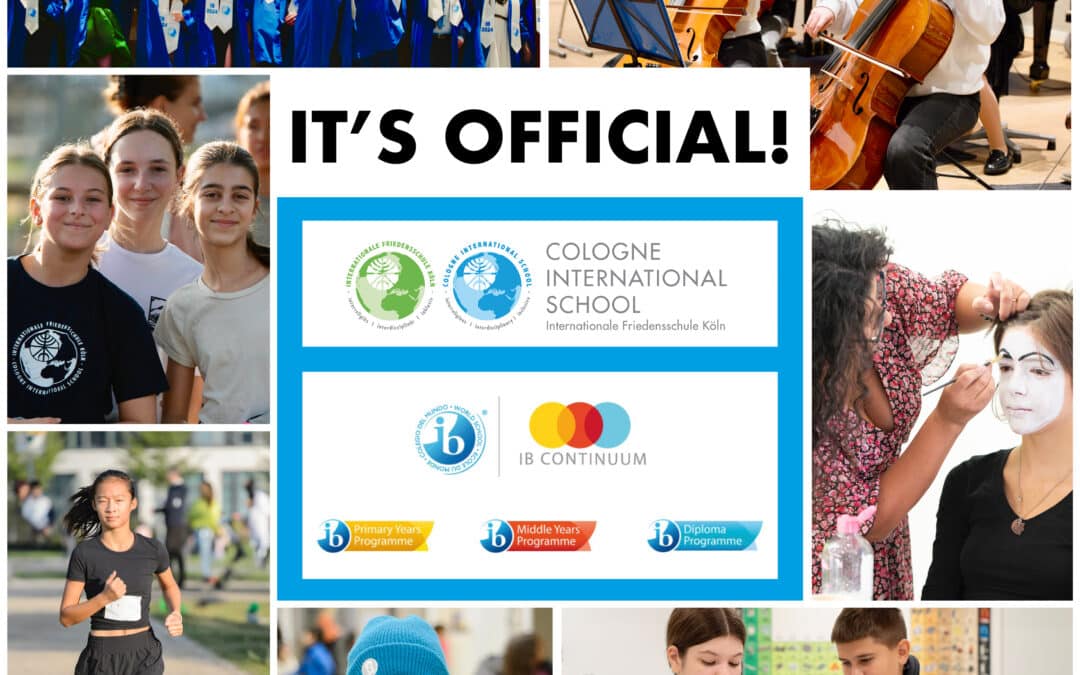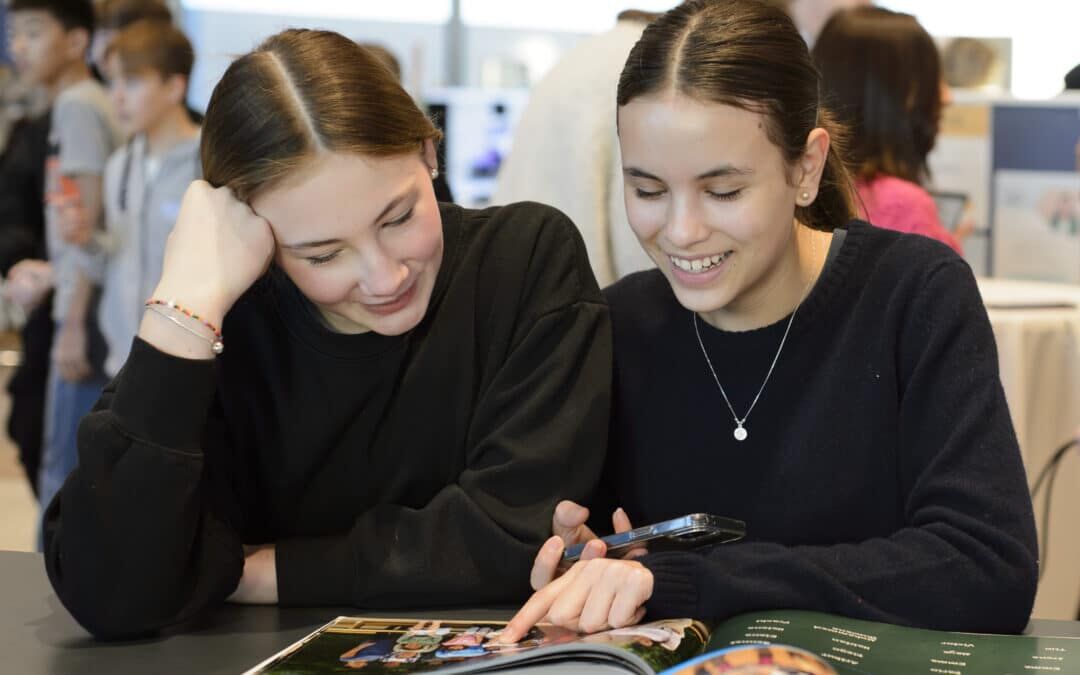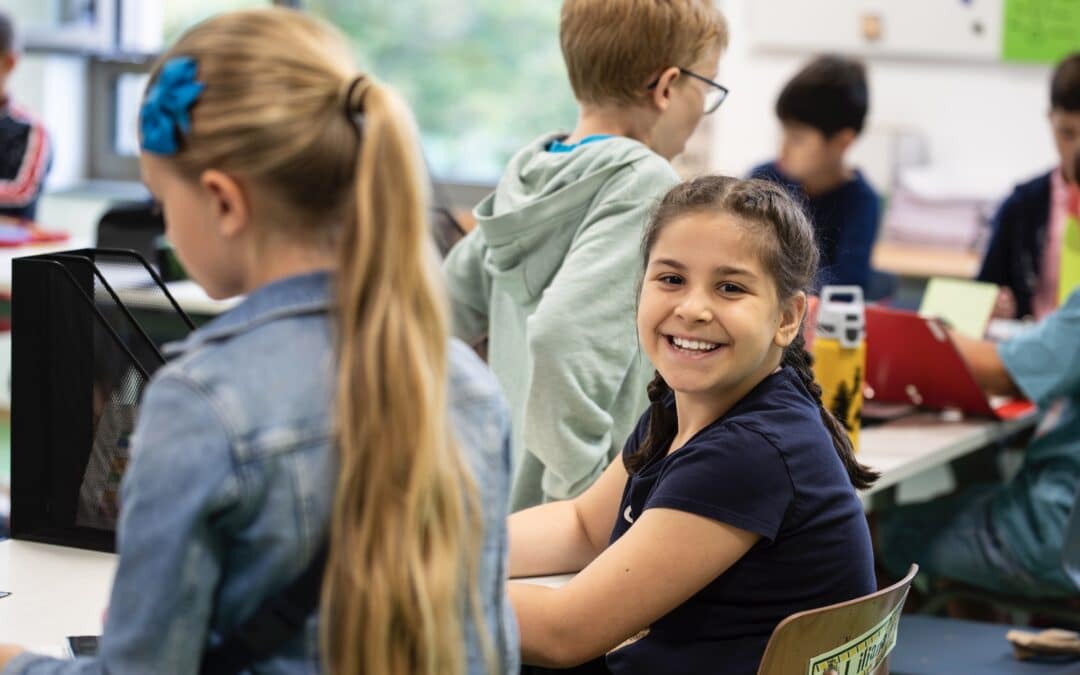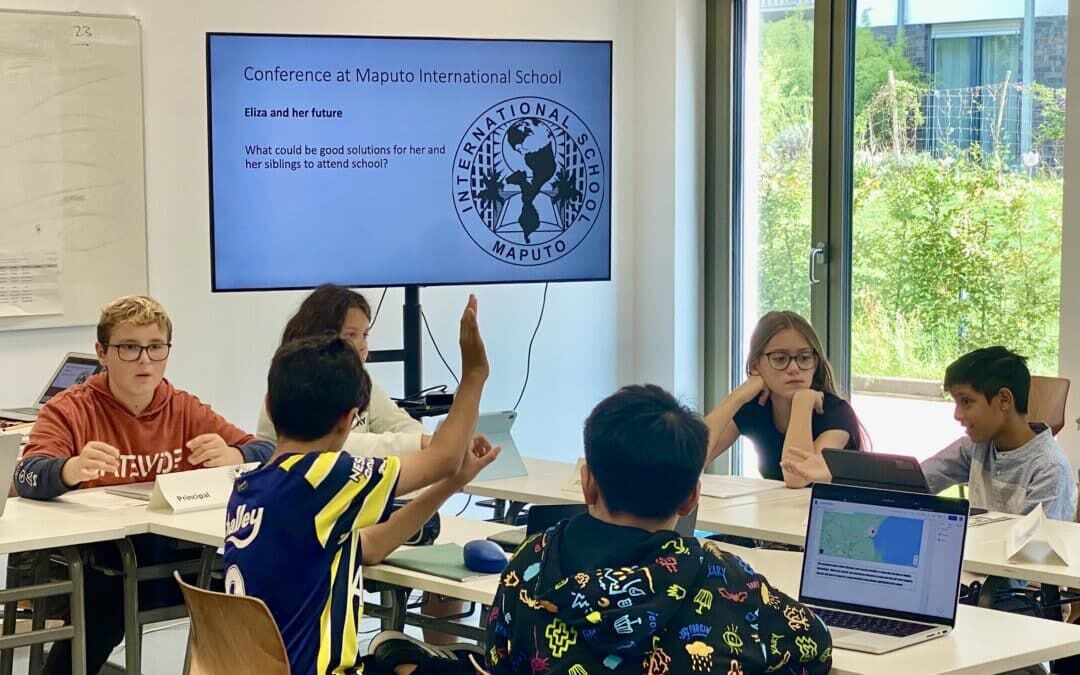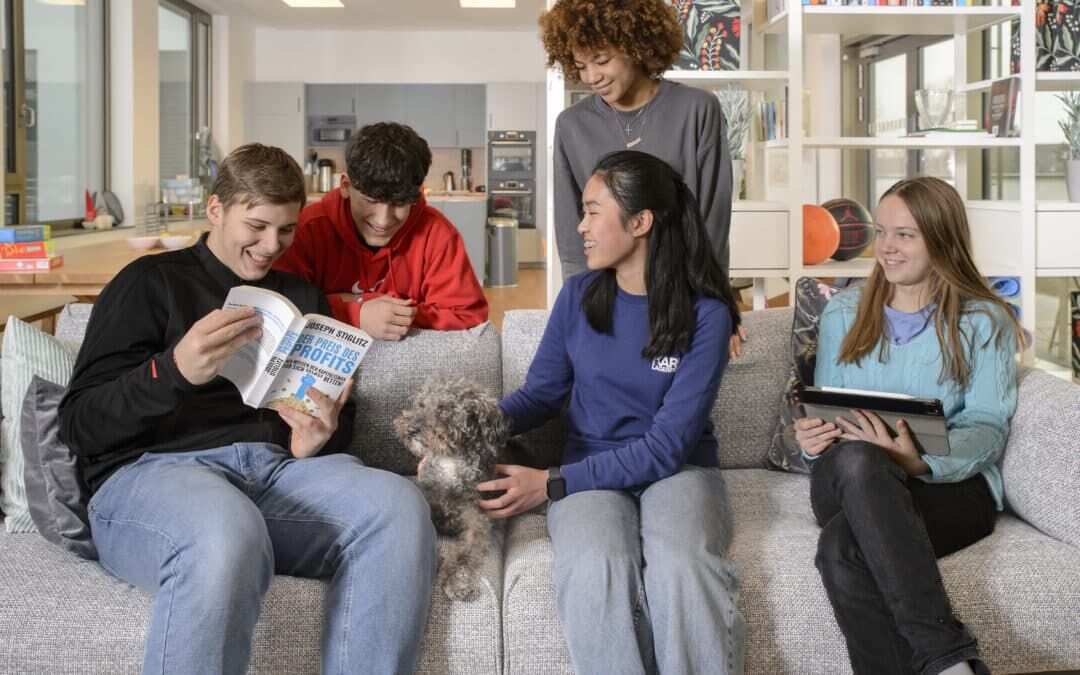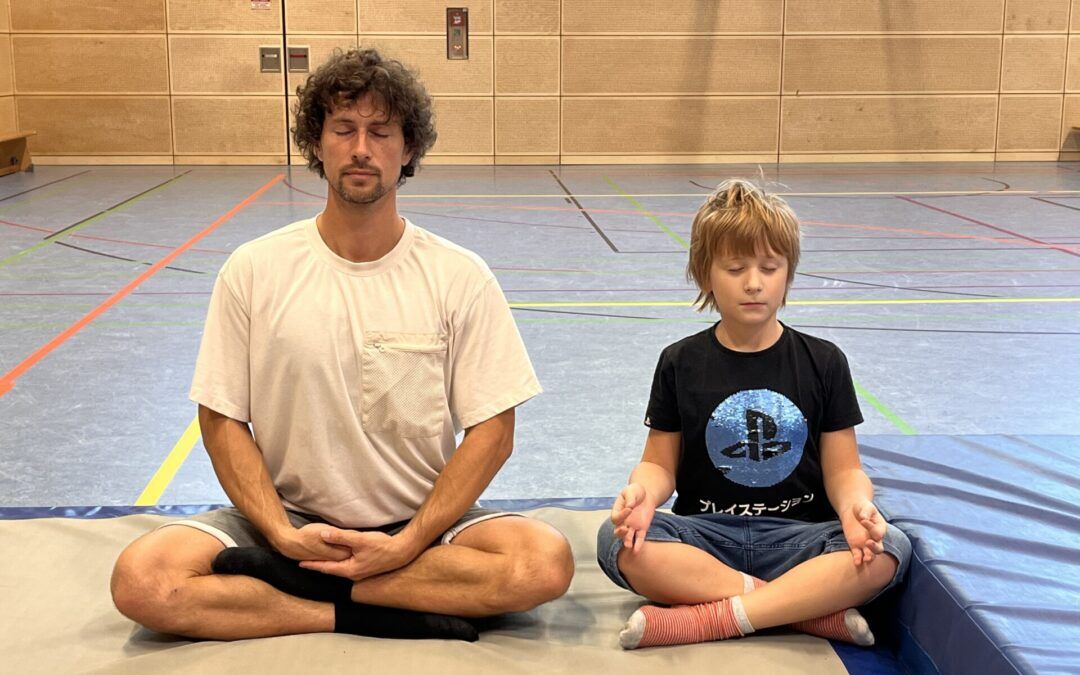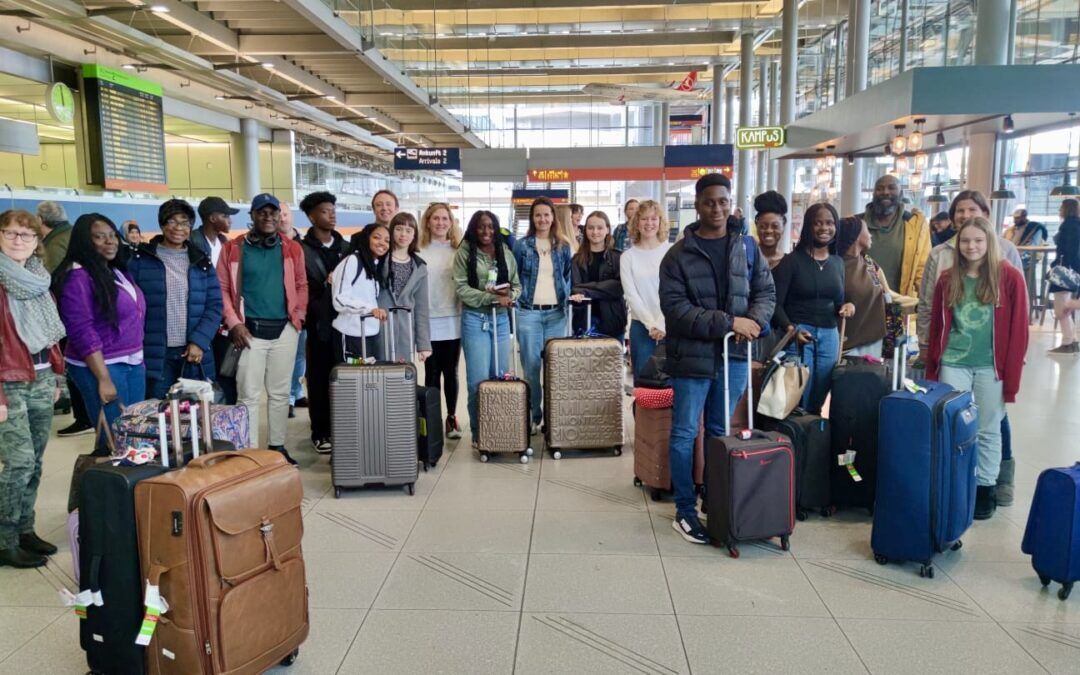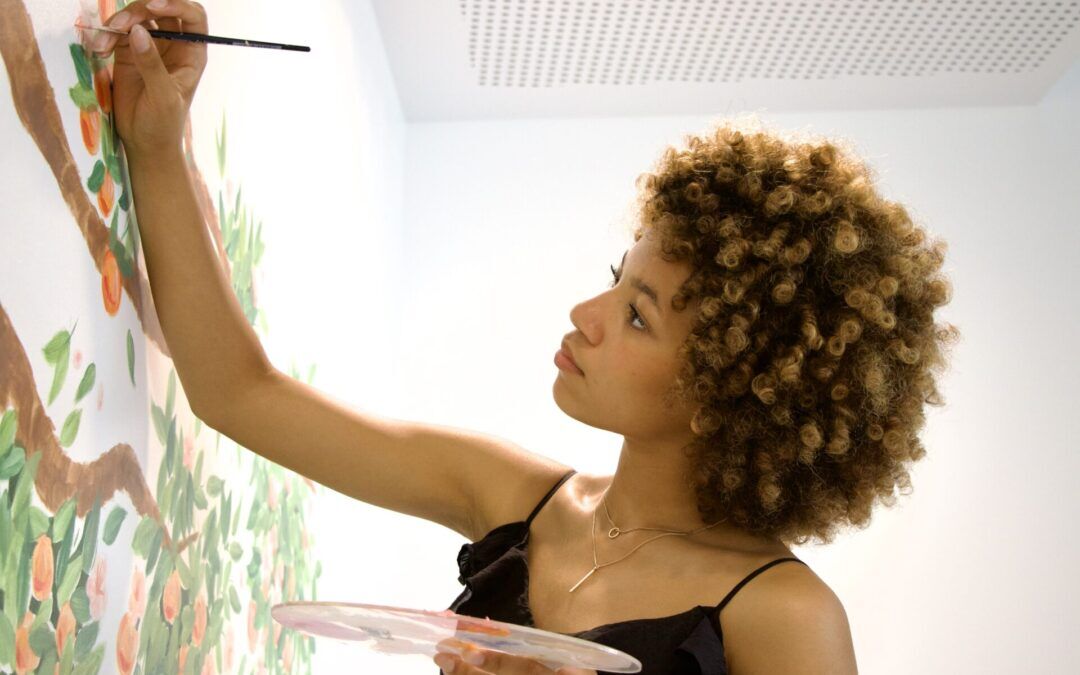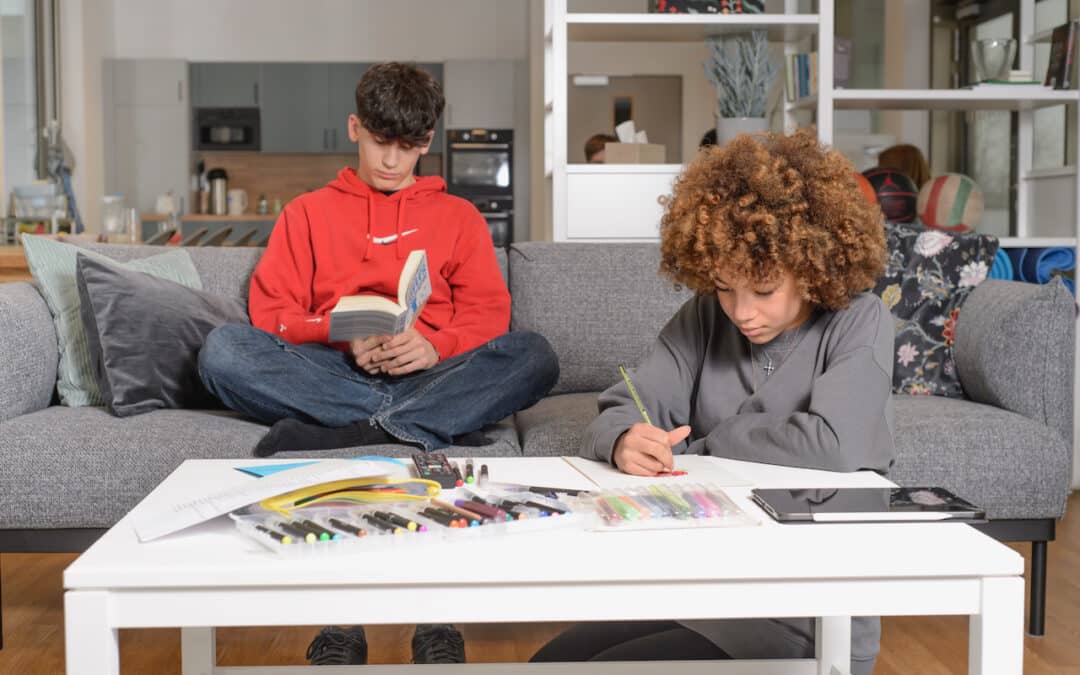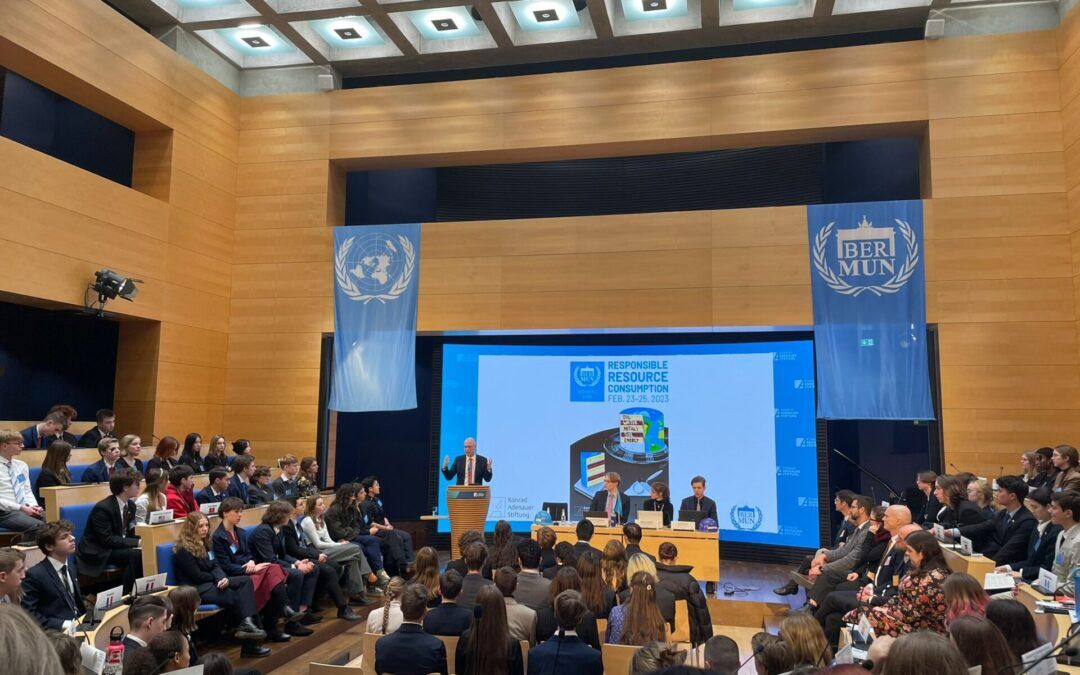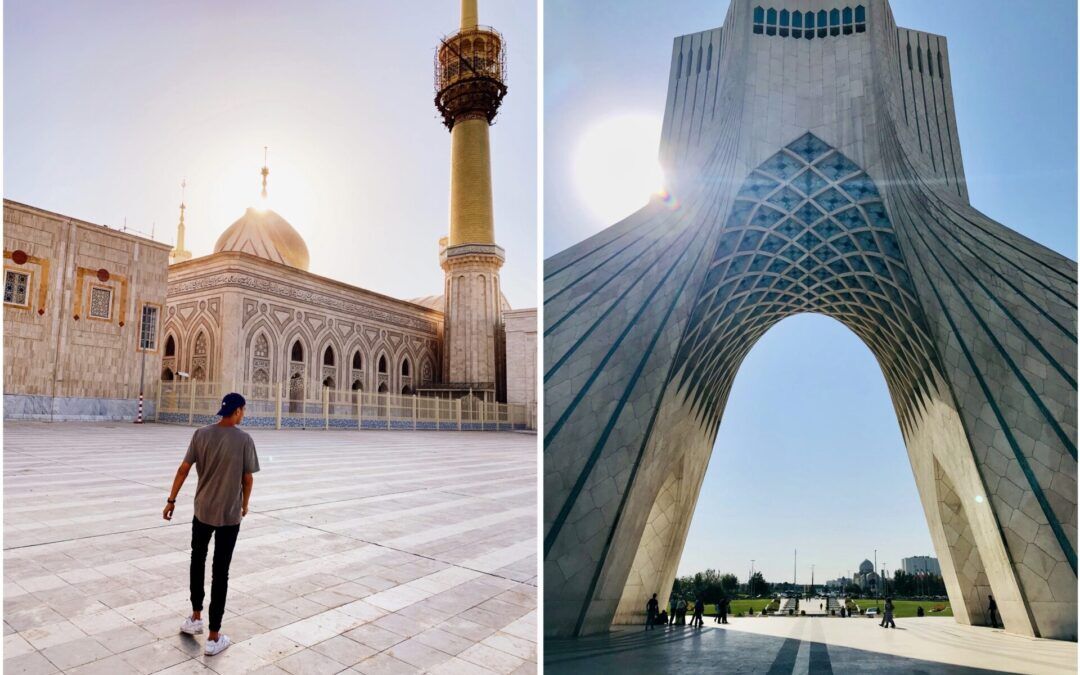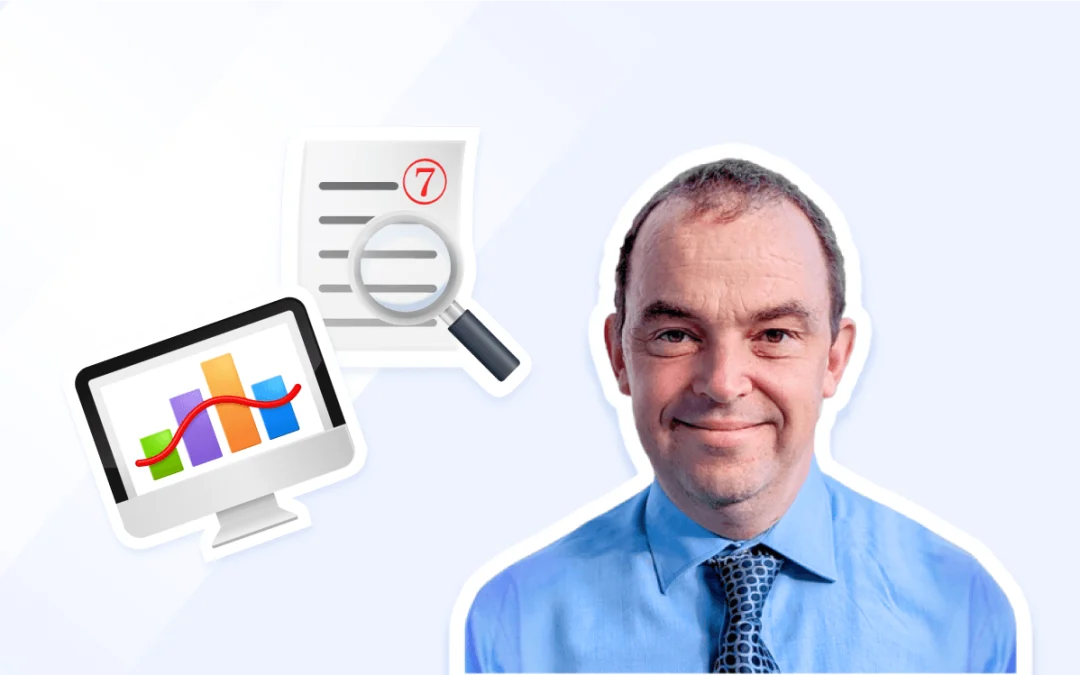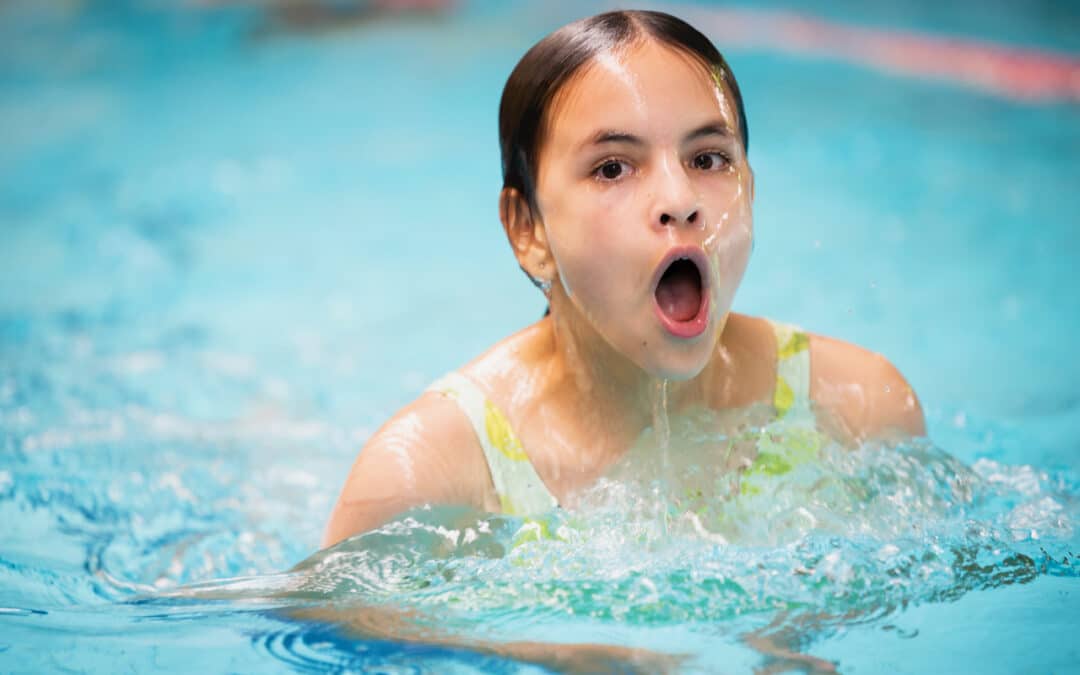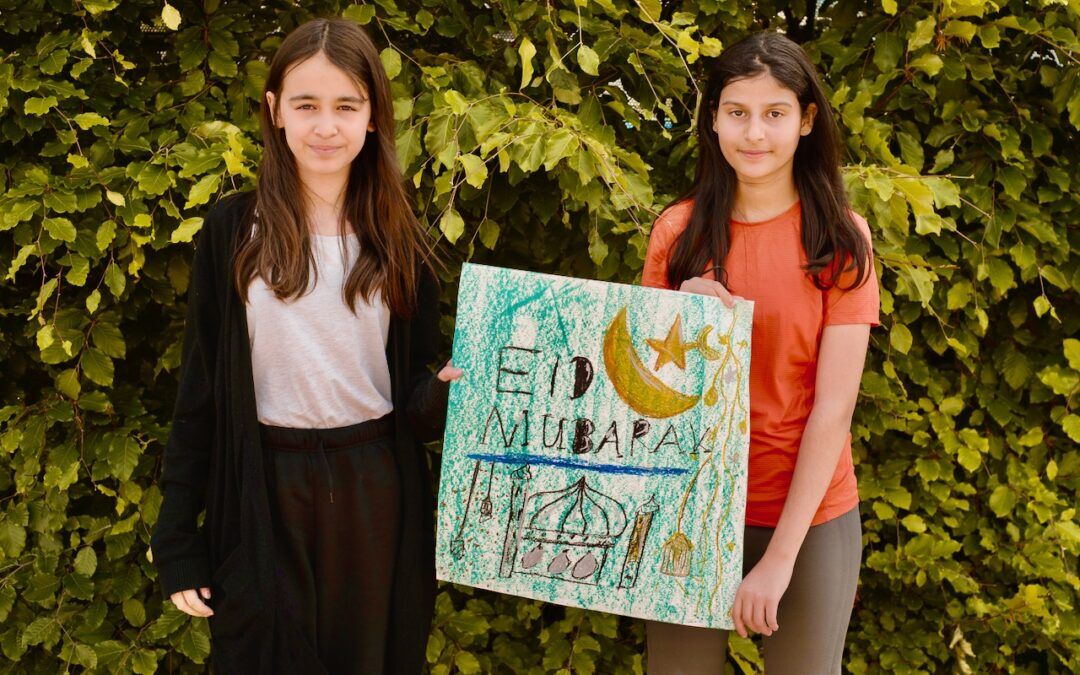Primary Years Programme – Children enjoy learning English in Primary School
Parents as Partners – How can you support your child as a Primary Years Programme (PYP) parent?
It has always been clear to me, and to us as a school, that a child learns best and is able to grow best when the home-school connection is strong and the school and families have a partnership. In these current COVID times, which do not seem to be ending anytime soon, it is even more vital that we are all working together for the benefit of ‘our’ children.
Many of you, especially parents of lower primary school children, have had much more involvement in your child’s education than you most likely had ever planned on, during last school year. So how can you best support your child in its journey through primary school and the Primary Years Programme?
A while ago I read this great blog post by Taryn Bond Clegg, and the International Baccalaureate (IB) even published an infographic based on her blog . If you follow these approaches at home, you are supporting your child in their journey of becoming a reflective, proactive inquirer. The Primary Years Programme incorporates more than just the content.
I encourage you to read the original blog, but am happy to give you a brief summary.
5 Ways to support your child in the Primary Years Programme at home:
Take an inquiry stance:
- Meet a question with a question – no matter what the question your child asks, meet it with a question. For example the question ‘How do airplanes fly?’ could be met with ‘How can we find out?’, ‘What do I have to do on this worksheet?’ could receive the answer ‘What do you think?’ . This way children learn not to rely on us for the answers and to take responsibility for their own learning.
- Ask the magic question ‘What do you notice?’– this works with just about anything. Looking at multiplication tables, looking at spelling of words, but also when you are out and about looking at street signs or grocery stores. Asking children this question makes them tune in and look at a situation with a scientific mind.
- Model being a learner not an expert – you do not need to know everything, just model that you can find ways to find out about anything.
Support conceptual understanding:
- Value the process – ask your child how they did something. How did you do that? What strategy did you use? What did your brain do?
- Use the key concepts – the PYP focuses on 7 key concepts. Each concept is connected to a question. You can ask these questions to encourage your child to make conceptual understandings about everything.
Form – What is it like?
Function – How does it work?
Connection – How is it connected to other things? How is it connected to something you already know?
Perspective – What are the other points of view?
Responsibility – What is our responsibility?
Change – How does it change?
Perspective – What are the different points of view?
Prioritize Reflection:
- Reflection – How well did you understand? How did you know? How could you improve?
- Get them thinking about their thinking – Ask questions like: How did you know? What makes you say that?
Support your child’s agency:
- Invite their voice – what do you like/not like about learning? Listen to what they want to learn about!
- Support choices – Let your child make choices they are able to make on their own – especially about their learning. Follow up on choices. Would you make the same choice again?
- Emphasize ownership – It’s your learning. You are in the driver’s seat.
Be purposeful with your feedback:
- Try to give feedback beyond the moment: Mathematicians use manipulatives to help them solve problems, let’s check your answer that way.
By using some of these simple strategies to support the Primary Years Programme, we – as a school/home team – are continuing to ensure that ‘our’ students become independent, successful learners!
Leonie Julien, Bilingual Primary School
Find out more about the Primary Years Programme in our Bilingual Primary School
